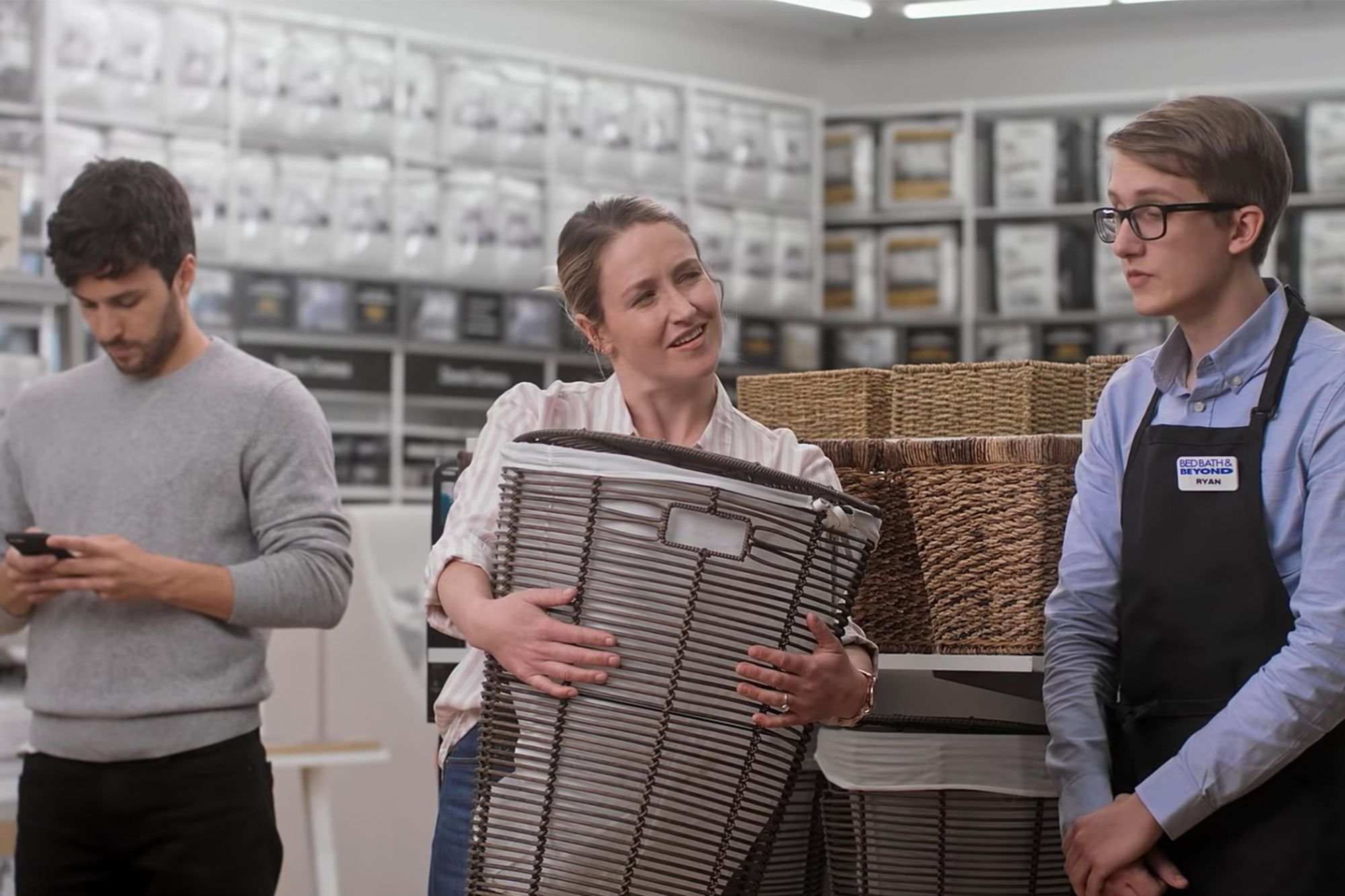The retailer’s brick-and-mortar pitch should resonate with all businesses.
4 min read
Opinions expressed by Entrepreneur contributors are their own.
I was recently in the market for a new vacuum cleaner and was doing my usual shopping routine — i.e. browsing on Amazon and reading reviews to get more information on the various brands before I made my purchase — when then I happened to catch this Bed Bath & Beyond commercial about “offline shopping.” It inspired me. Instead of just clicking “Buy” and ordering a vacuum online, I decided to head to my local Bed Bath & Beyond store first to actually see the vacuums in real life. I wanted to pick up and handle the vacuums, get a better sense of their weight and overall look and feel.
Lots of people assume that brick-and-mortar retail is dead and that e-commerce is taking over everything. It certainly feels that way sometimes, and it’s true that online shopping poses significant threats to traditional business models. But with its “offline shopping” spot, a company like Bed Bath & Beyond demonstrates that physical retailers can still impart some valuable lessons in sales and marketing strategy.
Related: Boost Sales With a TV Commercial
1. Emphasize your unique selling points.
Bed Bath & Beyond can’t offer the same value proposition as Amazon — and that’s OK. They’re proud of who they are and what they can offer their customers, like physical locations staffed with real people who are trained about the products they sell. They probably have more conversations about vacuum cleaners in one day than I do in five years. Customer service can weave a lot of value into the shopping experience, especially if you’re selling a premium product. When you can speak with a knowledgeable salesperson and “kick the tires” on a few different models, it can help you find and purchase the right one.
2. Own your niche.
Bed Bath & Beyond doesn’t try to be all things to all people. Its “offline shopping” ad features examples of the types of products people are more likely to shop for at their stores, such as home goods. Even if your competitor is a giant like Amazon, there are still ways that you can carve out a niche. You don’t have to be the best at everything, but you need to identify a few key market segments where you can be better. Amazon offers a staggering number of items for sale and has a logistical network in place that can deliver them within a few days time, but having experience and expertise in a given sector still matters. Bed Bath & Beyond smartly markets itself as an in-person retail specialist that offers a practical alternative to the online shopping experience.
3. Offline retail is still alive.
Best Buy is another example of a company that has stayed competitive by revamping its in-store experience and investing in better customer service. If you’re a real-life retailer, think hard about how you can create a better customer experience and a compelling need for people to visit your brick-and-mortar store. It’s not just about price; it’s about service and experience. The Bed Bath & Beyond ad reminded me that for some items, online shopping can be surprisingly time-consuming and inconvenient. We’ve all been there — it’s easy to get distracted while researching and shopping online, poring over endless product reviews, opening dozens of browser tabs and watching video reviews. Before you know it, you’ve mulled over a practical decision for much longer than necessary. The time-saving “convenience” of online retail is suddenly much less of a distinguishing factor. It’s possible that a real person working at a store you can walk or drive to quickly might be able to address your questions and concerns more expediently. The internet isn’t always the best solution for the needs of every shopper; human contact still matters.
Related: Creating an Attention-Getting TV Commercial
The scope and scale of online retail has forever changed how we view traditional business and marketing models. However, there is still plenty of room for brick-and-mortar retail to coexist. It might mean adjusting your business strategy or investing in creative marketing and an improved customer experience, but there is only an upside for companies who can adapt and rethink their own possibilities. Your physical location could become one of your greatest assets in attracting and retaining customers and staying relevant — online or off.







